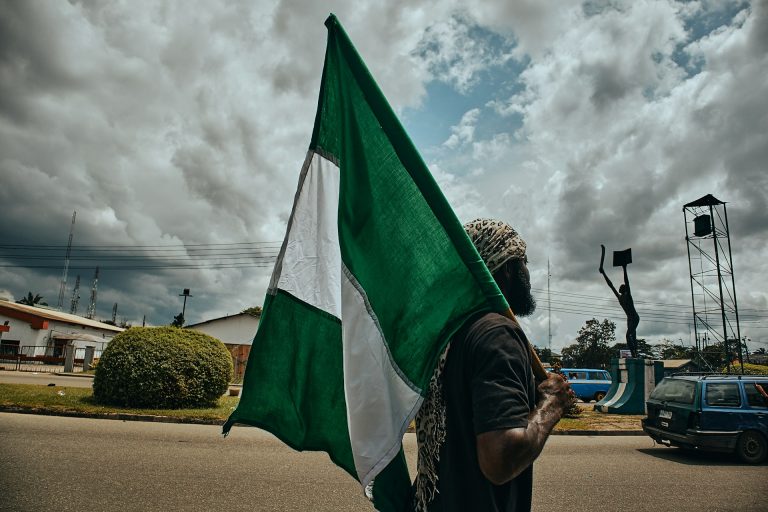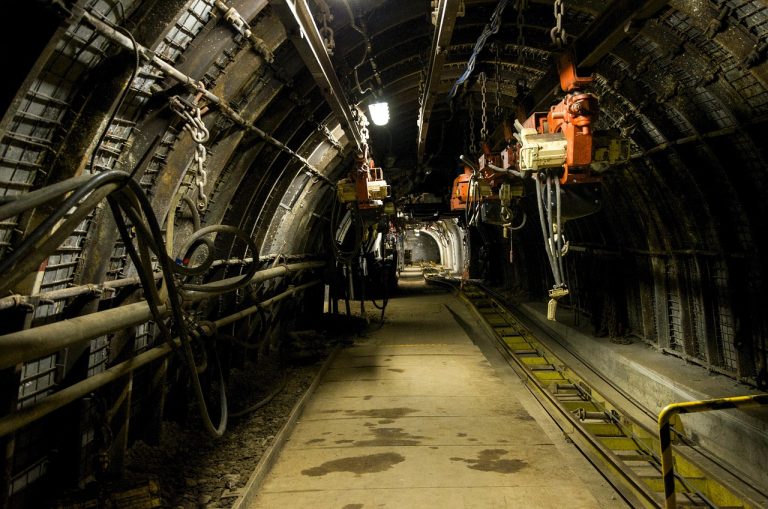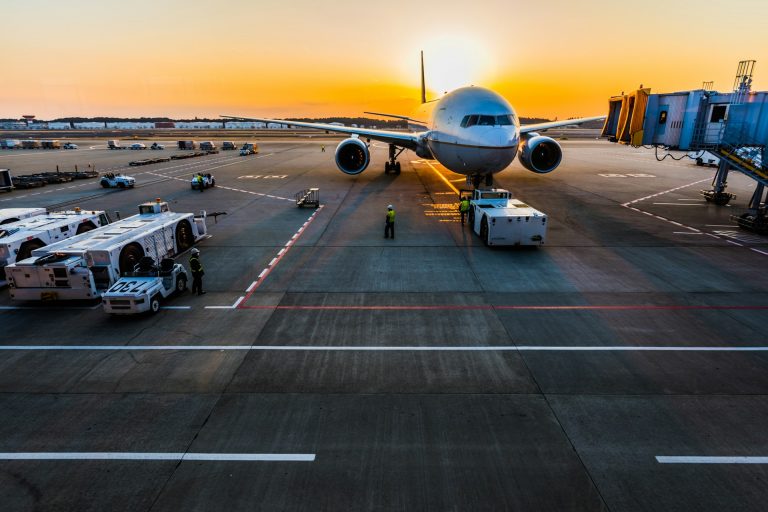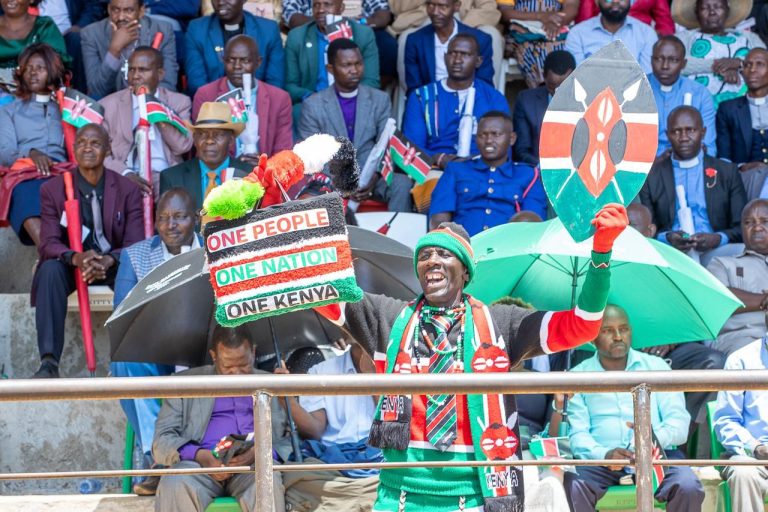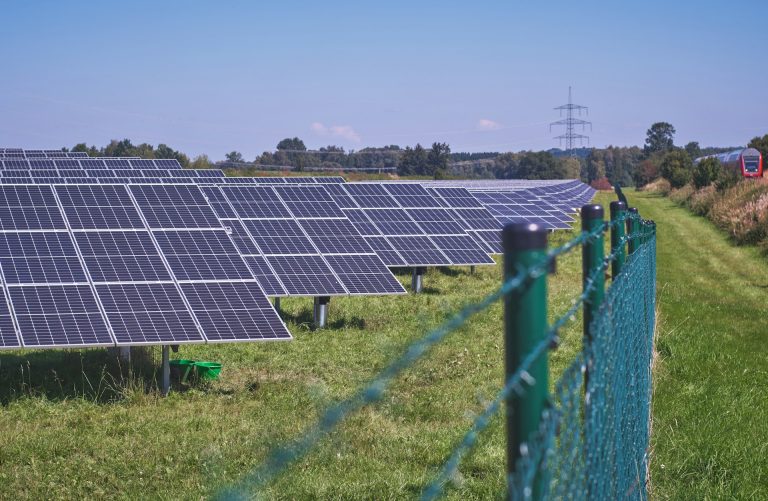- Annual inflation drops to 4.2% in March, but monthly price growth accelerates
- Rising costs in housing, food and fuel offset transport relief
Consumer price pressures in Namibia eased slightly in March as annual inflation fell to 4.2%, down from 4.5% a year earlier, according to the Namibia Statistics Agency (NSA). The decline, revealed in the latest Namibia Consumer Price Index (NCPI) on Tuesday, was largely driven by lower transportation, alcohol, and tobacco costs. However, the gains were partially offset by continued increases in food, housing, and energy prices.
On a month-on-month basis, inflation accelerated to 0.5% from 0.4% in February, reflecting persistent pressure on household budgets. Rising costs in housing, water, electricity, gas, and essential goods and services contributed to the uptick in monthly inflation.
The Bank of Namibia’s Monetary Policy Committee is set to meet in the coming days for the second time this year, and the March inflation print may complicate its decision-making. While the core rate indicates stable underlying trends, the headline data paints a more concerning picture. Annual inflation has climbed steadily since January, moving from 3.2% to 3.6% in February, and now to 4.2%—close to the central bank’s projected average of 4% for the year.
This trend could tilt the case towards a rate hike. However, the central bank may opt to prioritise economic growth—forecast at 4% this year—and maintain current policy rates, while using targeted tools to address volatility in the food and energy sectors.
Inequality Reduction Pledge
Regardless of the direction, households are expected to continue feeling the strain. Elevated food and energy prices are disproportionately affecting low-income groups, particularly the 43.3% of Namibians living in multidimensional poverty. That’s likely to constrain consumer spending on non-essential goods and services, weighing on retail and service sectors.
“Even with a decrease in annual inflation, the cost of goods remains high, indicating that the cooling-off inflation did not significantly lower the cost of goods,” said Josef Kefas Sheehama, a Namibia-based economist. “Household balance sheets and consumer recovery are supported by lower inflation, but this is not the case in Namibia because households are not feeling the reduction, and the cost of goods is still quite high. Although fuel prices moderated, inflation remained uncomfortably stubborn, and other commodities continued to be vulnerable.”
Newly elected President Netumbo Nandi-Ndaitwah has pledged to reduce inequality and boost support for micro, small and medium-sized enterprises, which could strengthen household incomes and improve resilience to price shocks. But sustained inflation poses a risk to purchasing power.
Sheehama believes that with the right policies, the government can turn the tide. “With her commitment to fighting corruption, investing in infrastructure and agriculture, supporting economic recovery, and reshaping the economy, the country will achieve growth that is more distributed and sustainable.” [/restrict]


